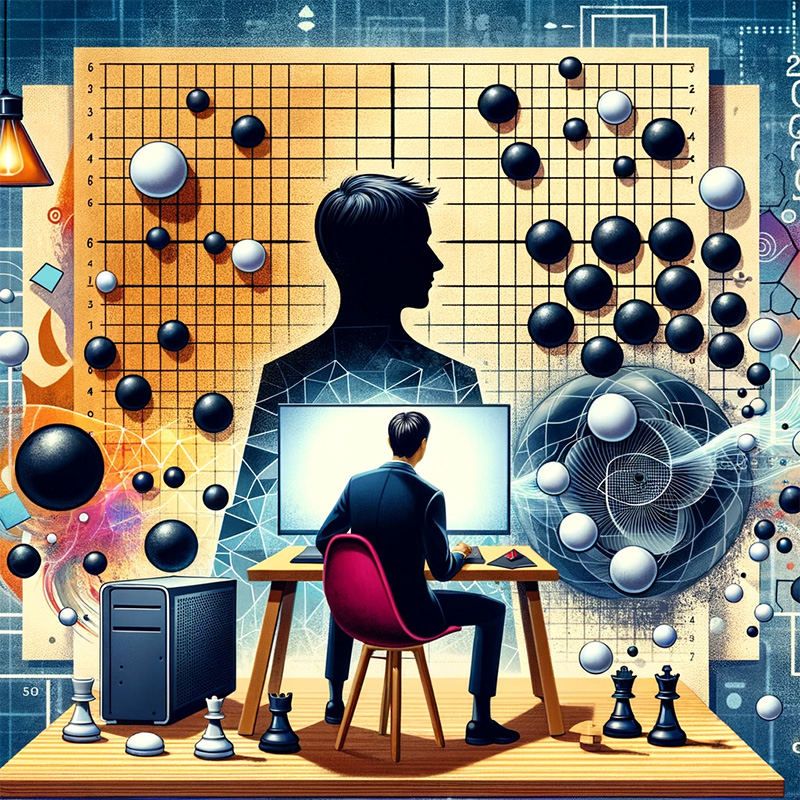
The last time I was driven to the edge of my seat was when I watched the movies “Uri – The Surgical Strike,” “Mission Mangal,” and “Tanhaji.” I am not fond of Bollywood movies, but these were rare exceptions. They were some of the very few movies I have watched with my family, and they were different, probably because they struck a patriotic chord in me. When I watched Uri, I even strongly felt the need for a seat belt!
Now, we don’t have the luxury of watching movies in a theater, courtesy of the Covid-19 pandemic. I hate sitting in front of the idiot box, the TV, mainly for fear of becoming a couch potato! My iPad has become a constant companion to fulfill my hobbies and educational needs. Occasionally, I also watch my favorite Hollywood flicks. After nearly two years, I was again sitting at the edge of my seat while watching a video. It was not a movie, rather it was a documentary on YouTube!
Last week, some of my friends called me to inquire about my wellbeing. They were surprised by my long silence, without any webinars or random write-ups from my end. Some of them were very curious about what I am up to. To be honest, I am busy mending my ego or ism! My life’s ambition is to be an eternal student. Whenever I get the feeling that I have become a practitioner or a master, I visit the planet Dagobah! That’s where I train like a Jedi under my imaginary master Yoda, in subjects that interest me.
I learned a lot during this lucid interval of time. Of the many things I learned, the most interesting was a board game.
I love the game of Chess, though I have played only a little. I carry fond memories of playing with my childhood friend Manjunath Kubasad, and later with Elvin Concessao in the serene atmosphere of Ayyapankavu in Kerala. The game of chess has changed a lot since its origin.
This time, I could not find any chess buddy. The lockdown is a strange thing. Even though our outside movements are restricted, everyone in and outside the family is busy with their own chores. I tried playing online at chess.com, but unfortunately, it became boring and tiring as it was inhuman.
I searched for another board game. That is when I stumbled upon the game – Go!
Chess originated in India about 1500 years ago. We Indians are proud of Chess, though we have produced only a few grandmasters. Post Vishwanathan Anand’s title, there is a big void. Go is older than chess, originating in China about 4000 years ago. Unlike chess, Go is still played in its original form. Even though Go is not popular in our part of the world, it is like an old wine – the quality of the game has grown with age, yet the rules remain the same.

The Chinese call it Weiqi, where ‘Wei’ means ‘board game.’ Weiqi collectively means ‘game of surrounding.’ As the name suggests, one achieves victory by checkmating or surrounding the opposing player.
Chess can be stormy, like in rapid chess, whereas Go is quiet and serene. However, there’s high drama beneath the surface. The game board is like a battlefield or a map, and the players are like generals fighting it out against each other to win the war.
Chess and Go have many similarities. Both games are played by two players, black and white. The board is square in both games, and black moves first. The players take turns to make moves until the game is over. I will not go into the technical details of the Go game.
What interested me in Go is its philosophy. Mastering the Go game is not about competing with or dominating the opponent; it’s about mastering ourselves. As the ancient Go master Zhang Yunqi says, “Use your feelings… Go requires the tactics of the soldier, the exactness of the mathematician, the imagination of the artist, the inspiration of the poet, the calm of the philosopher, and the greatest intelligence.”
The history of Go reveals that advanced players are adept at observing signs in the stones that reveal their opponent’s mental and emotional state. Legends say ancient masters could analyze a game and identify when each player was feeling anger, confusion, envy, or greed, as well as pinpoint the precise moment.
When I searched for Go tutorials on YouTube, I stumbled upon this documentary. It’s about a computer program or AI playing against Korean Go world champion, Lee Sedol. It is akin to the chess battle between Garry Kasparov and the Deep Blue supercomputer developed by IBM. As I watched, I got to see and feel the feelings of a Go player, even though I am not one yet!
I was driven to the edge of my seat as Lee Sedol battled it out with the AI. What makes it even more absorbing is his statement, “Earlier, I played for myself, or my country. This time I am playing for humanity against the AI.”
Who wins? Man, or the AI? Or the human creativity behind the AI?
The documentary is AlphaGo – named after the computer program developed by DeepMind Technologies, later acquired by Google.
The YouTube link is here: https://www.youtube.com/watch?v=WXuK6gekU1Y.”
Prof. Dr. Prahlada N. B
09 May 2021
Chitradurga.

















Leave a reply